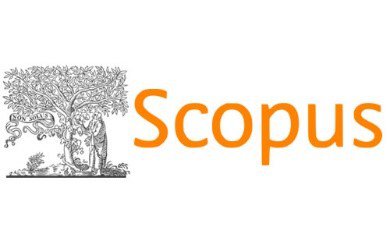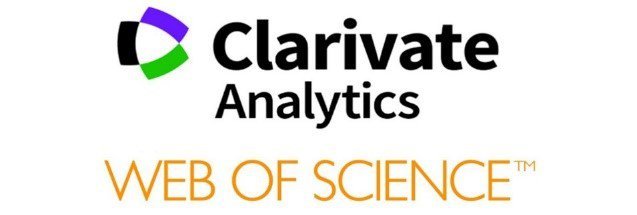Publication activity is the most important criterion for the effectiveness of scientific organizations, authors and scientific journals. Publication activity is the result of the scientific research activity of the author, the team, embodied in the form of a scientific publication - is evaluated by indicators:
- number of publications;
- "citation index" (citation for each publication);
- the impact factor of the journal where the work is published.
The publication activity and productivity of authors, organizations and journals are measured using scientometric indicators.
To analyze the publication activity of the global scientific stream, there are international and domestic citation databases (systems).
The most well-known international citation databases are Scopus and Web of Science.

Scopus - is the largest unified database containing annotations and information on the citation of peer–reviewed scientific literature with built-in tools for tracking, analyzing and visualizing data. The database indexes more than 23,500 publications from 5,000 international publishers. More often it is the field of natural, social and humanitarian sciences, technology, medicine and art.
Scopus Author ID - A guide to work Author ID
Journals excluded from Scopus database
List of Scopus journals on Mathematics, Interdisciplinary
List of Scopus journals on Business, Management and Accounting, Economics, Econometrics and Finance
List of Scopus journals on Computer Science, Information Systems and Management

Web of Science (abbreviated as WoS, formerly ISI Web of Knowledge) is a multidisciplinary platform that helps you quickly find, analyze and provide shared access to information in the fields of natural sciences, social sciences and humanities, as well as the arts. The user gets integrated access to high-quality literature through a unified platform that links together a wide variety of content and search terms, while creating one common dictionary and one comprehensive search. Developed and provided by subscription by Thomson Reuters.
Author profile in Web of Science ResearcherID

EBSCOhost is an online online reference and bibliographic system available via the Internet or with a direct connection. It provides a wide variety of licensed full-text public databases from leading information providers. A wide range of information resources ranges from general bibliographic collections to specially designed, domain-specific databases for public, academic, medical, and educational libraries.
Academic databases on EBSCOhost
EBSCOhost - Advanced Search - one search field
EBSCOhost - Advanced Search - refinement fields
EBSCOhost - Search on the platform - a short guide
EBSCOhost - Creating log alerts
EBSCOhost - List of results in EBSCOhost
EBSCOhost - Reading articles in EBSCOhost
